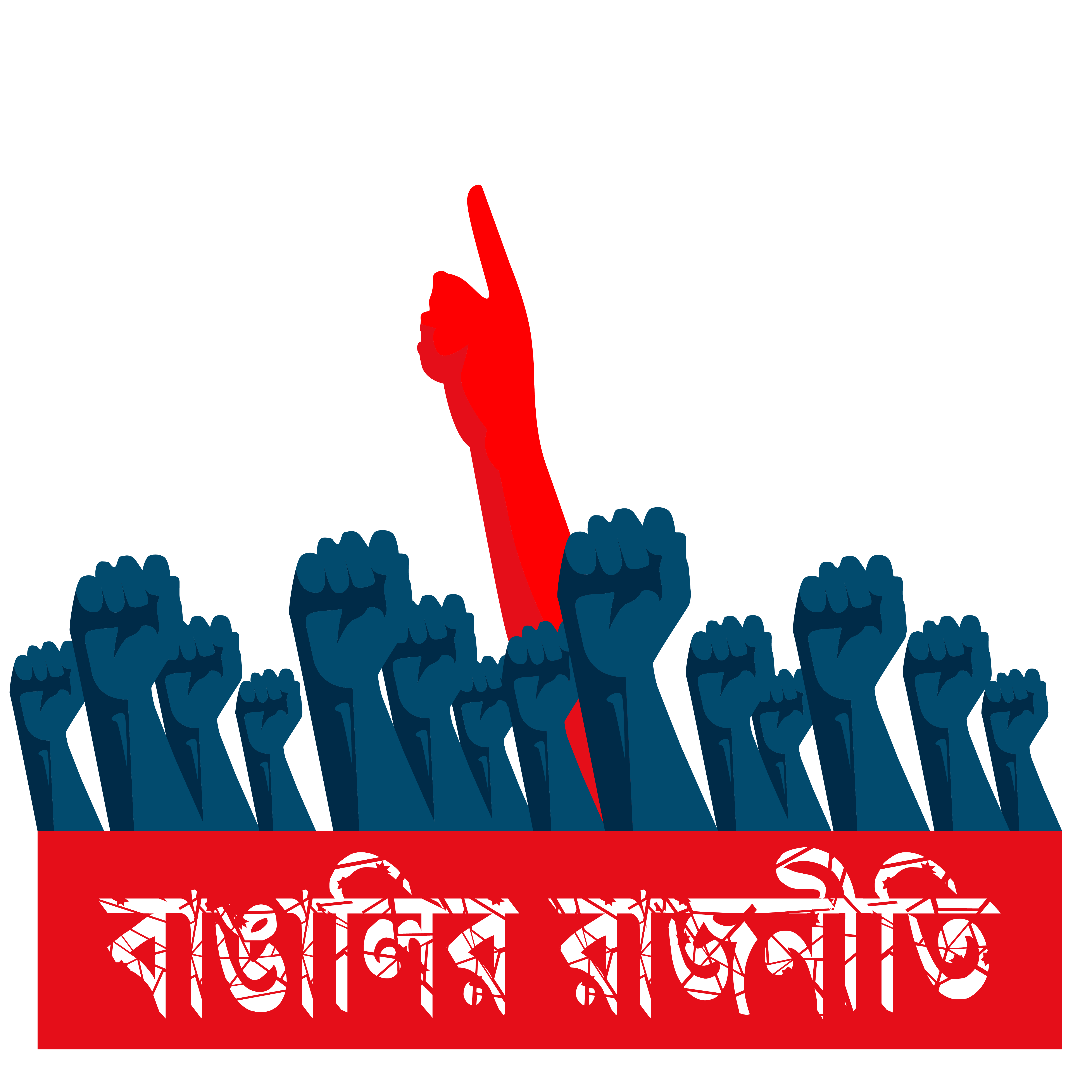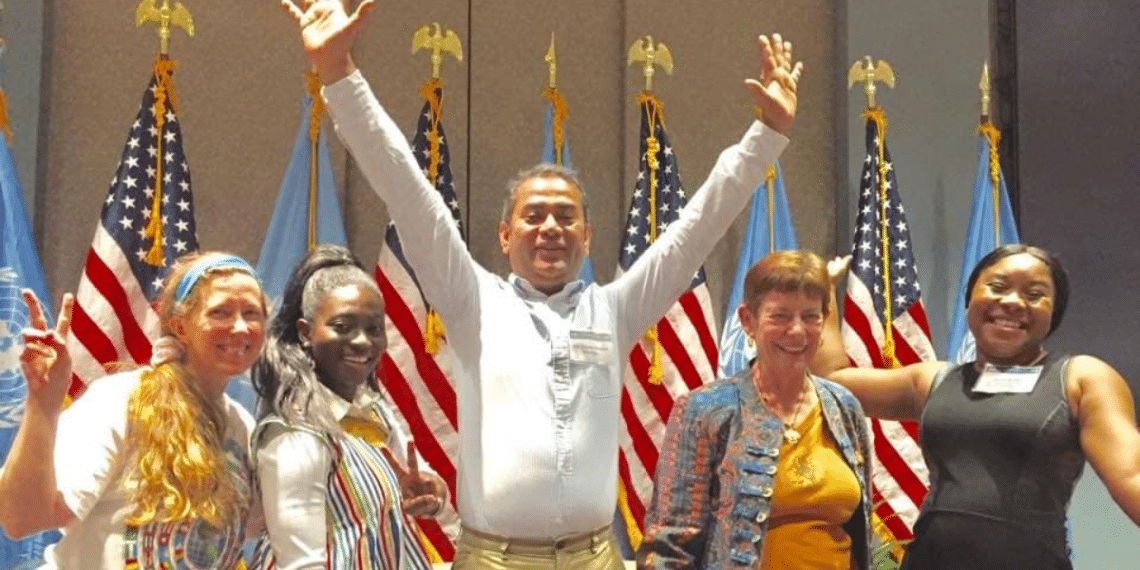Everyone is born with their own unique characteristics; no two persons share the same starting point. In the world we live in today, the proportion of people who want to cause more harm than good vastly outnumbers those who want to do good. Some people live their lives on a more pedestrian level, and while they don't commit any acts that could be considered cruel, they also don't accomplish all that much to drastically impact the world around them. Nevertheless, there are always those exceptional individuals who go on to accomplish extraordinary things in their lives. They battle for the well-being of others, they protect the truth, and they dedicate their entire life to doing good in the world. Golam Rabbani is an example of this type of individual; he was born on February 3rd, 1973 in the Comilla neighbourhood of Chauddagram City. Both of his parents worked for the government. His father, Ekramul Haq, was a government official, while his mother, Mehrunissa Haq, was a school teacher until she was elected to a position in the local administration. His paternal grandfather was an official in the government who worked in the Ministry of Planning. According to Golam Rabbani, his mother was the motivation that drove him to desire to do good in the world and become a social activist. Because of her job as a teacher, she interacted with children from a variety of backgrounds, which contributed to the development of her compassionate persona. It was precisely this sympathy that drove her to devote so much of her energy to assisting those who were less fortunate. In particular, those who had fled the Bihari regime. These Urdu-speaking people were shunned by the country that was historically considered to be their home, Pakistan, and after the Liberation War in 1971, they were not allowed into the Bangladesh that had just been established. Golam's mother always encouraged him to spend time with the other children at the refugee camps that were located close to Mirpur, even when he was a very small child. She would try to assist people who were staying at the camp in any way that she could, while also urging her son to interact with the campers and gain an understanding of the challenges they were facing. Because of the depth of Golam's commitment, the people started regarding him as a member of their own community and developing trust in him as a result. Golam, for his part, began to feel a connection to the people who belonged to these minority groups. This bond grew to be so powerful that it would define every move he took as he fought for the benefit of these individuals. There was a brief moment when a conflict broke out between the Bangalees and the Biharis, during which a small group of Bangalee men set fire to the Biharis' tent. In a very short amount of time, the entire location was completely engulfed in flames. Golam worked alongside the other Biharis to extinguish the fire and get as many people as he could to safety, and he did so without any regard for his own well-being. After that, when the floods that occurred in 1988, he collaborated with several other young people to help those who were in need. Together, they gathered clothes and baked rotis, which is a form of bread. Golam Rabbani Nayan Bangalee started his work as a social activist when he was quite young and continued it far into adulthood. He was aware that the path that would eventually lead him to assist other people would be plagued with obstacles of both a positive and negative nature. Nothing, however, is going to be able to stop him from doing what he thinks is necessary in order to make his country a better and friendlier place since he has dedication in his eyes and a burning desire to assist others in his heart. At this time, Bangladesh is the country that hosts the most refugees of any nation on earth. Due to the fact that Bangladesh is also a highly underdeveloped country, the Rohingya people who have fled Myanmar are subject to significant hardship. Despite this, there are people like Nayan Bangalee who feel a profound empathetic connection to them. His youth group is currently volunteering their time to assist individuals who are in need. Nayan Bangalee came to the understanding that refugees are subjected to emotional and economic harassment as a result of their predicament. Because of this, he was concerned for the people from his country who were forced to flee their homes and take shelter elsewhere in the world. Nayan Bangalee conceptually established a comprehensive action plan by creating a strong network among those who had been displaced from their homes. He initiated the establishment of a support cell for Bangladeshi refugees; this cell operates similarly to the "Migrant Foundation." Unfortunately, the Bangladeshi Mission was unable to provide assistance to the more than 10 million Bangladeshi residents that relocated to other countries. This was owing to political recruitment and corruption inside the Bangladeshi Mission. Human rights and the rights of migrants are of primary concern to Nayan Bangalee and his team. The School of Leadership will provide support to Bangladeshi people in any country in which they are experiencing difficulties. This assistance is not intended to be temporary; rather, it is designed to strengthen their leadership skills. When one refugee rises to the position of a leader, other refugees are immediately given more influence. His Mission by taking on the problem on a global scale while also serving the needs of his neighbourhood and the people in it.

Golam Rabbani Nayan bags humanitarian awards



